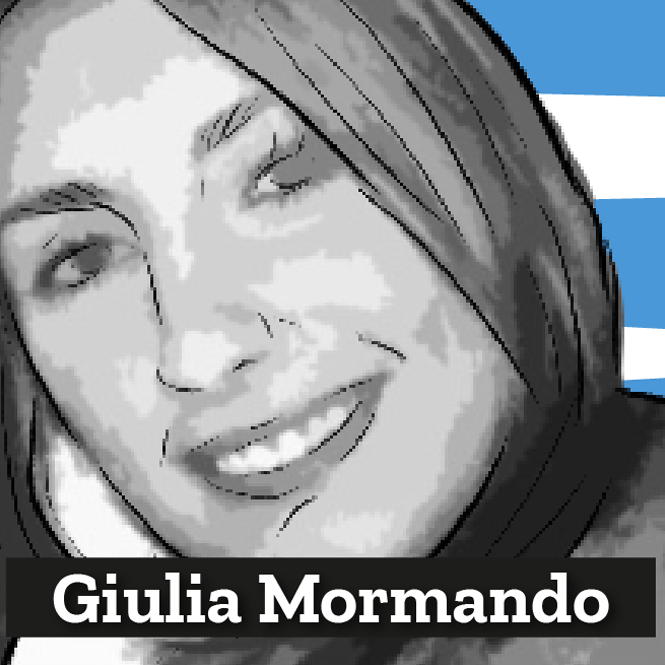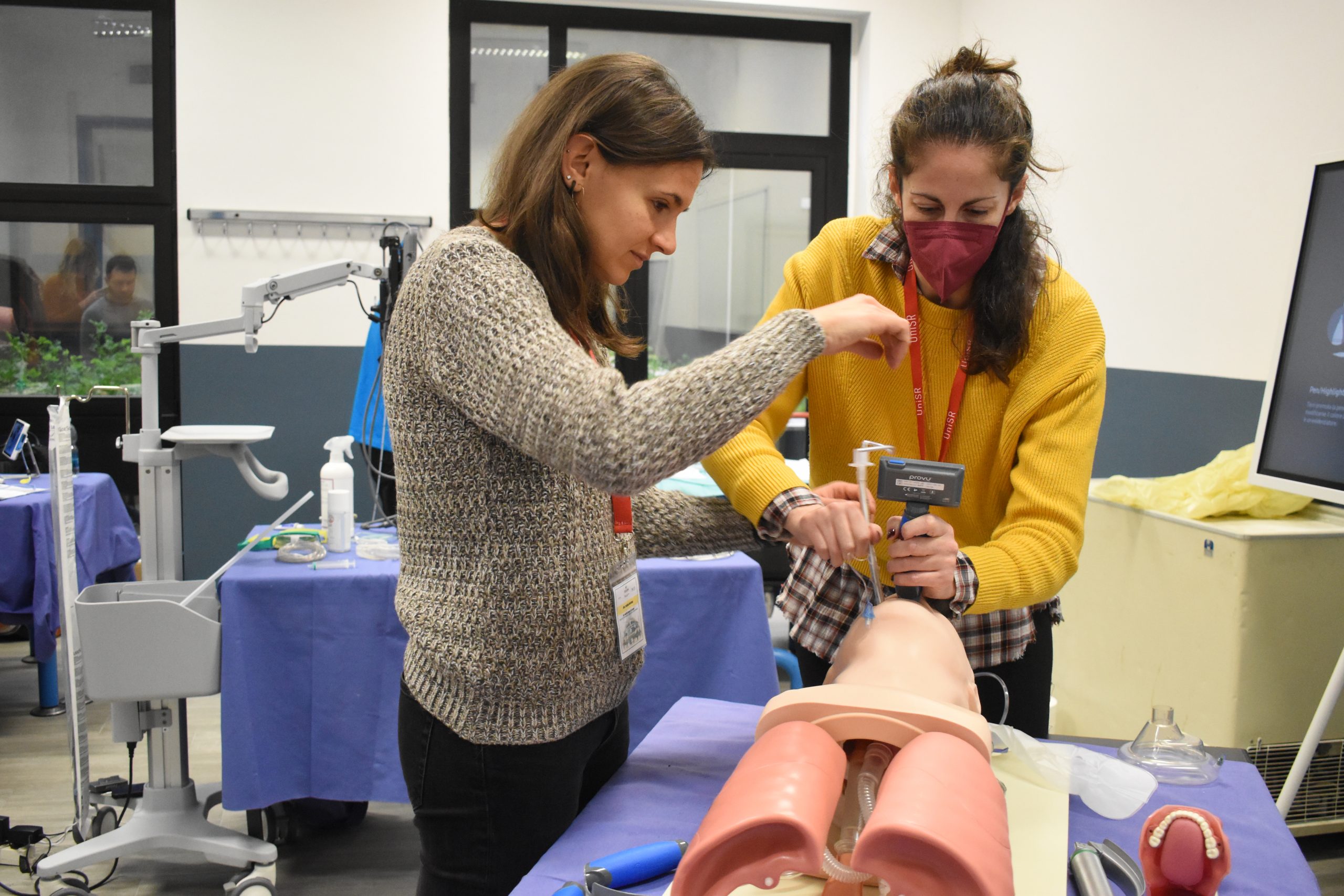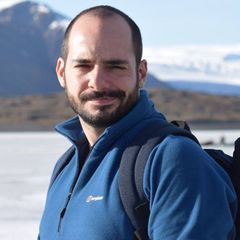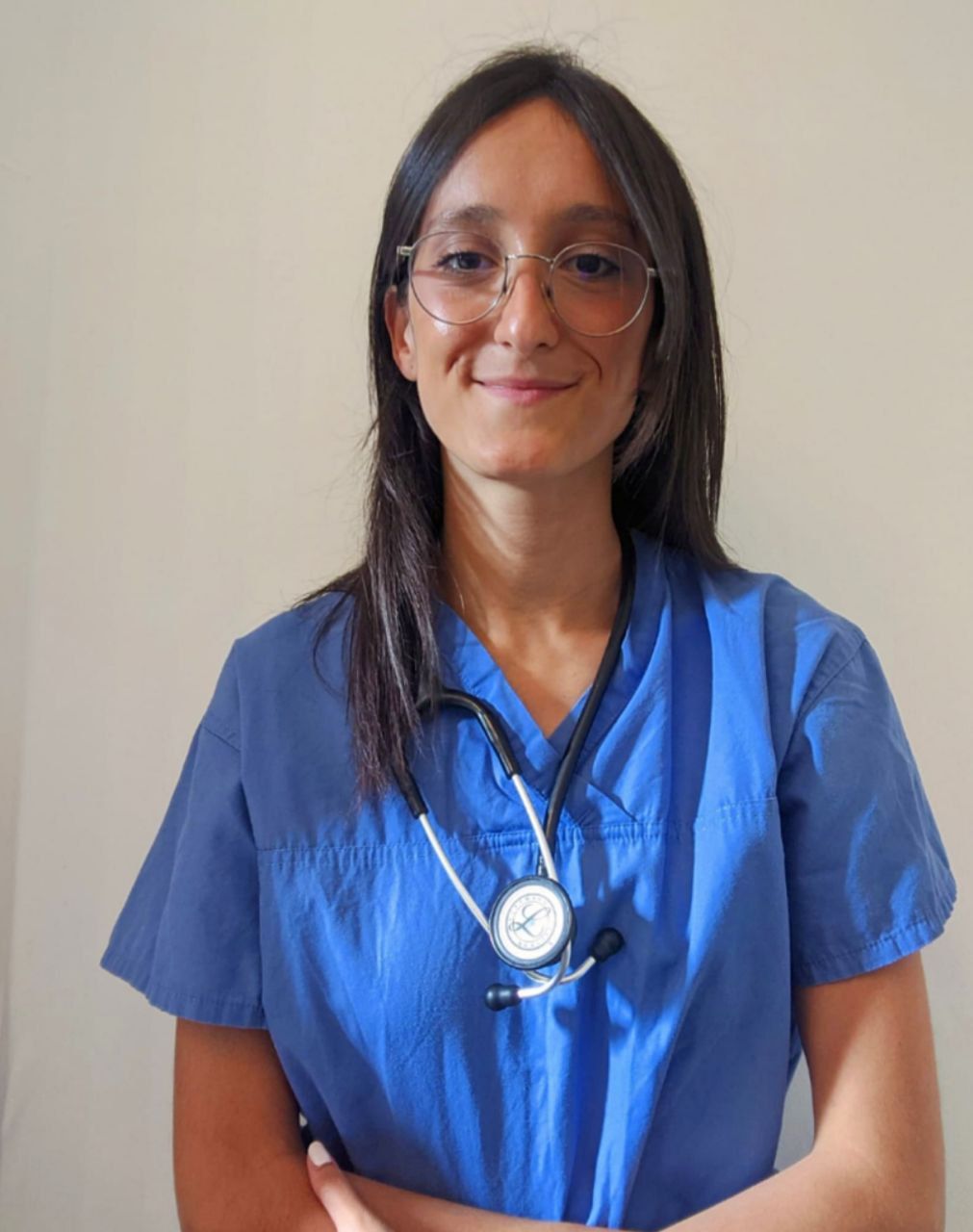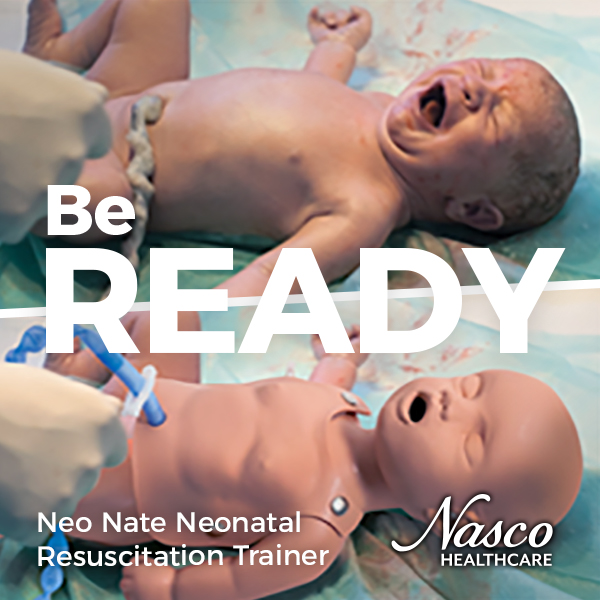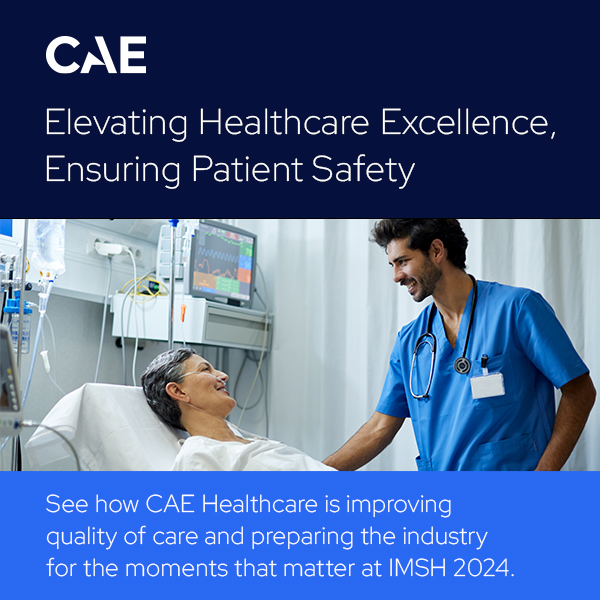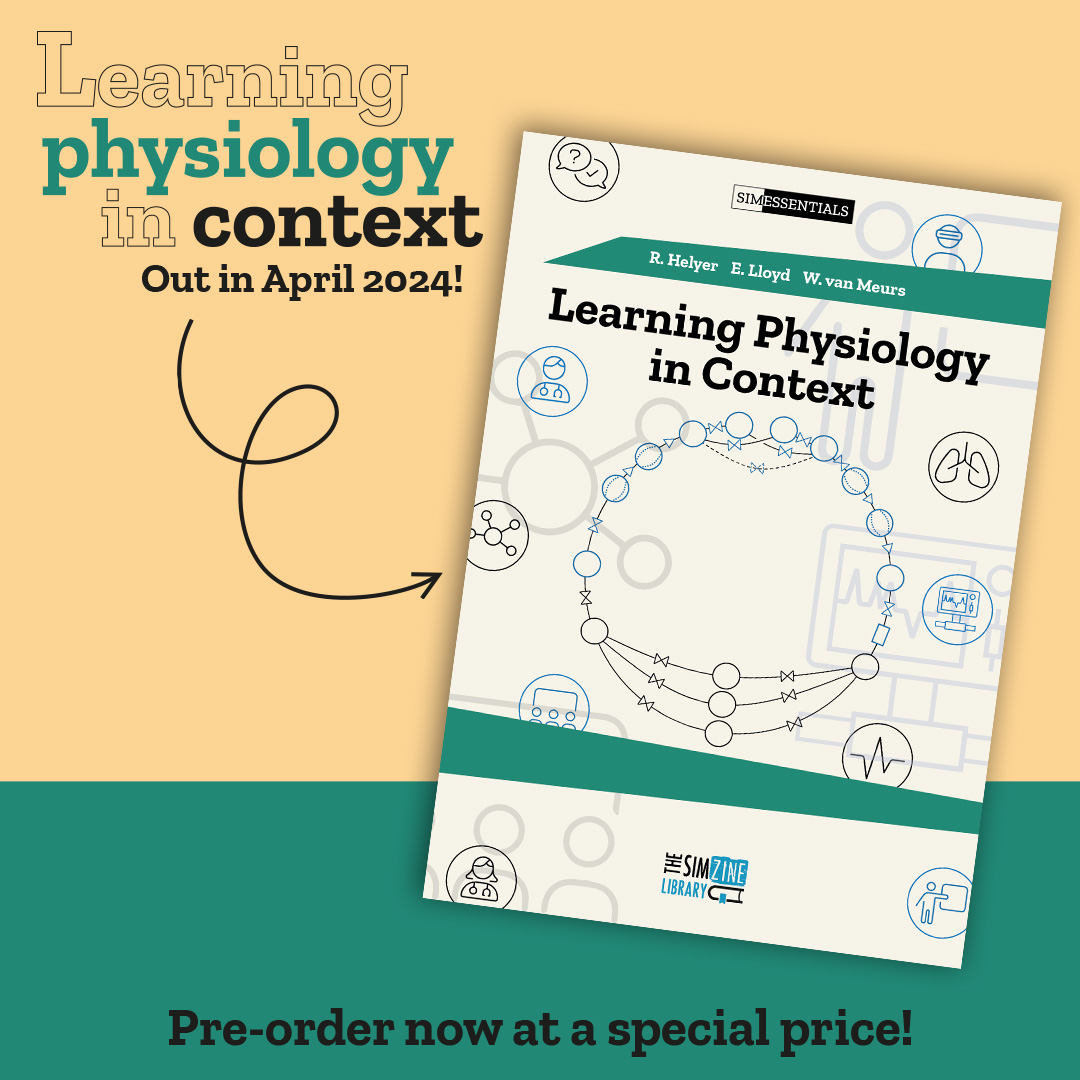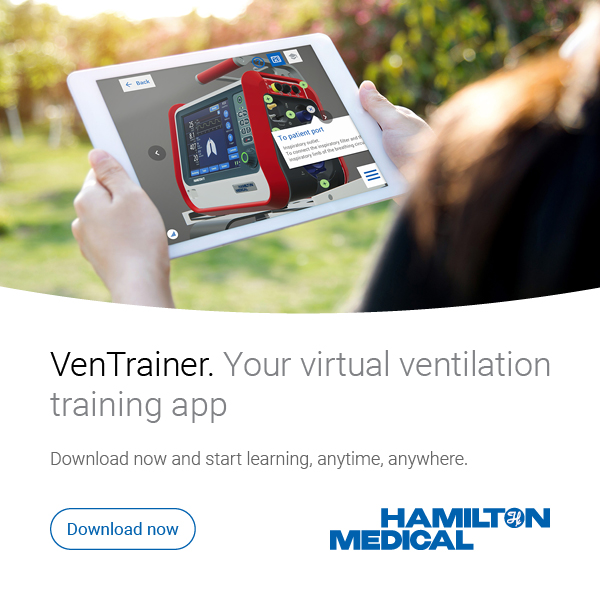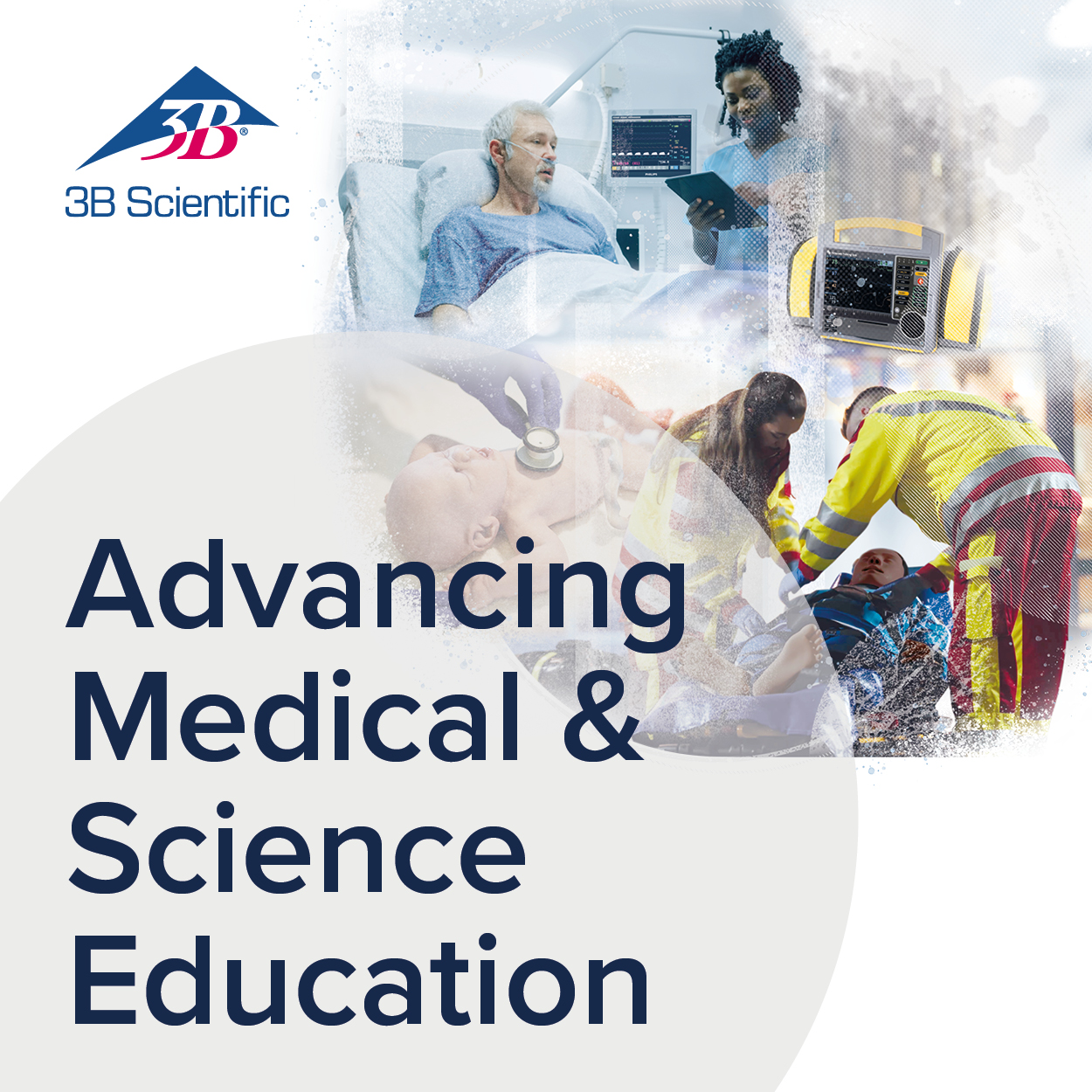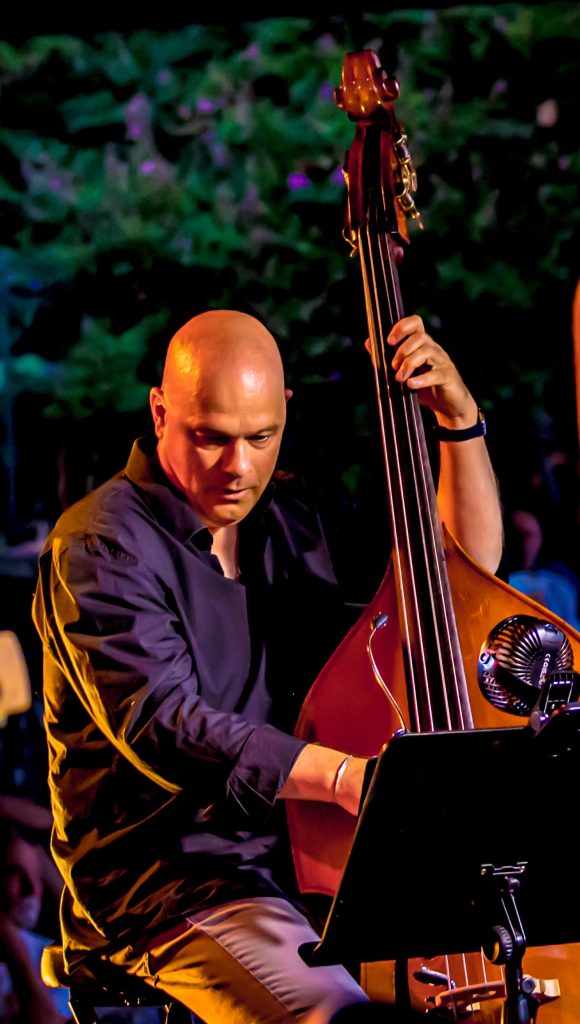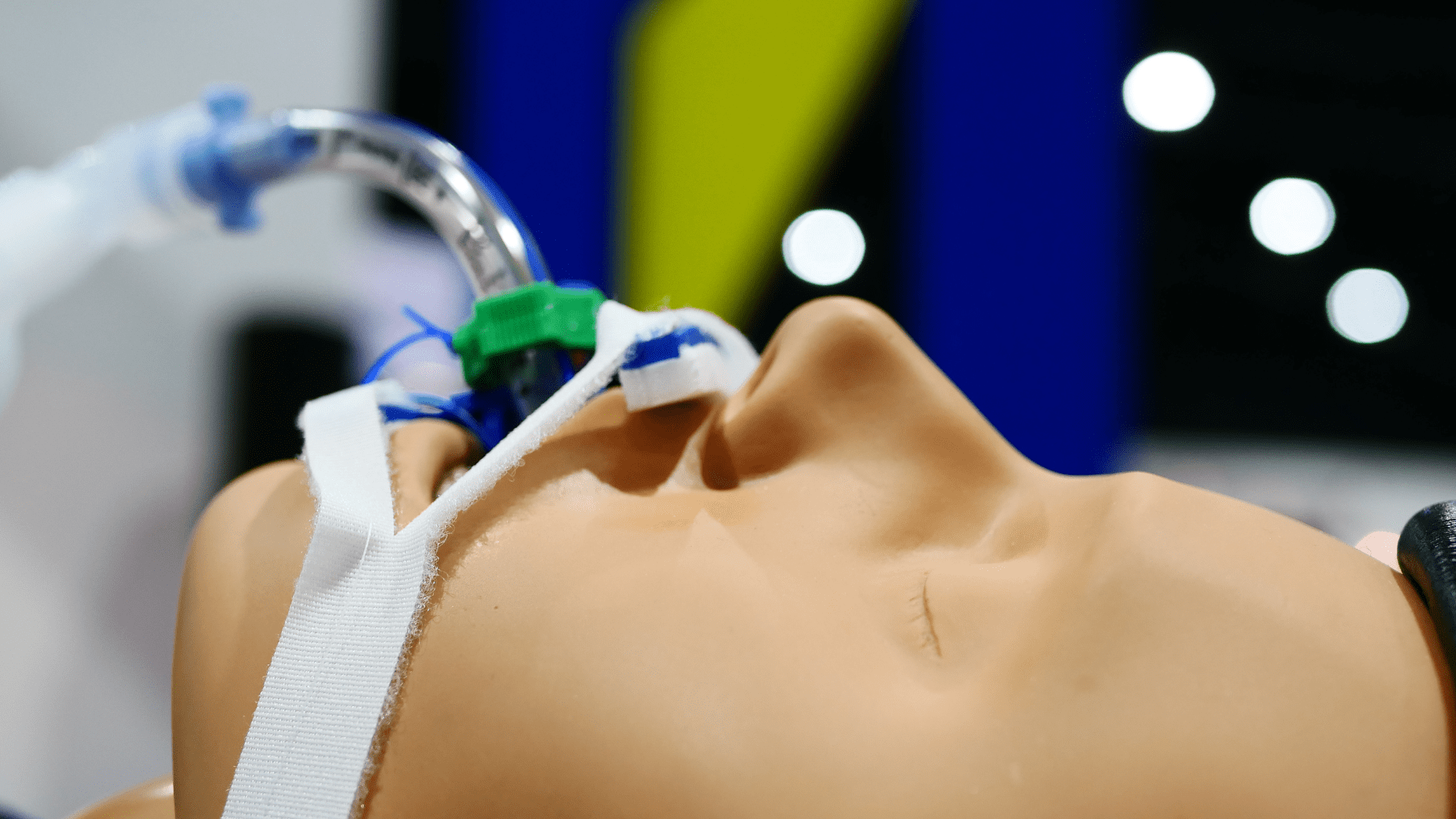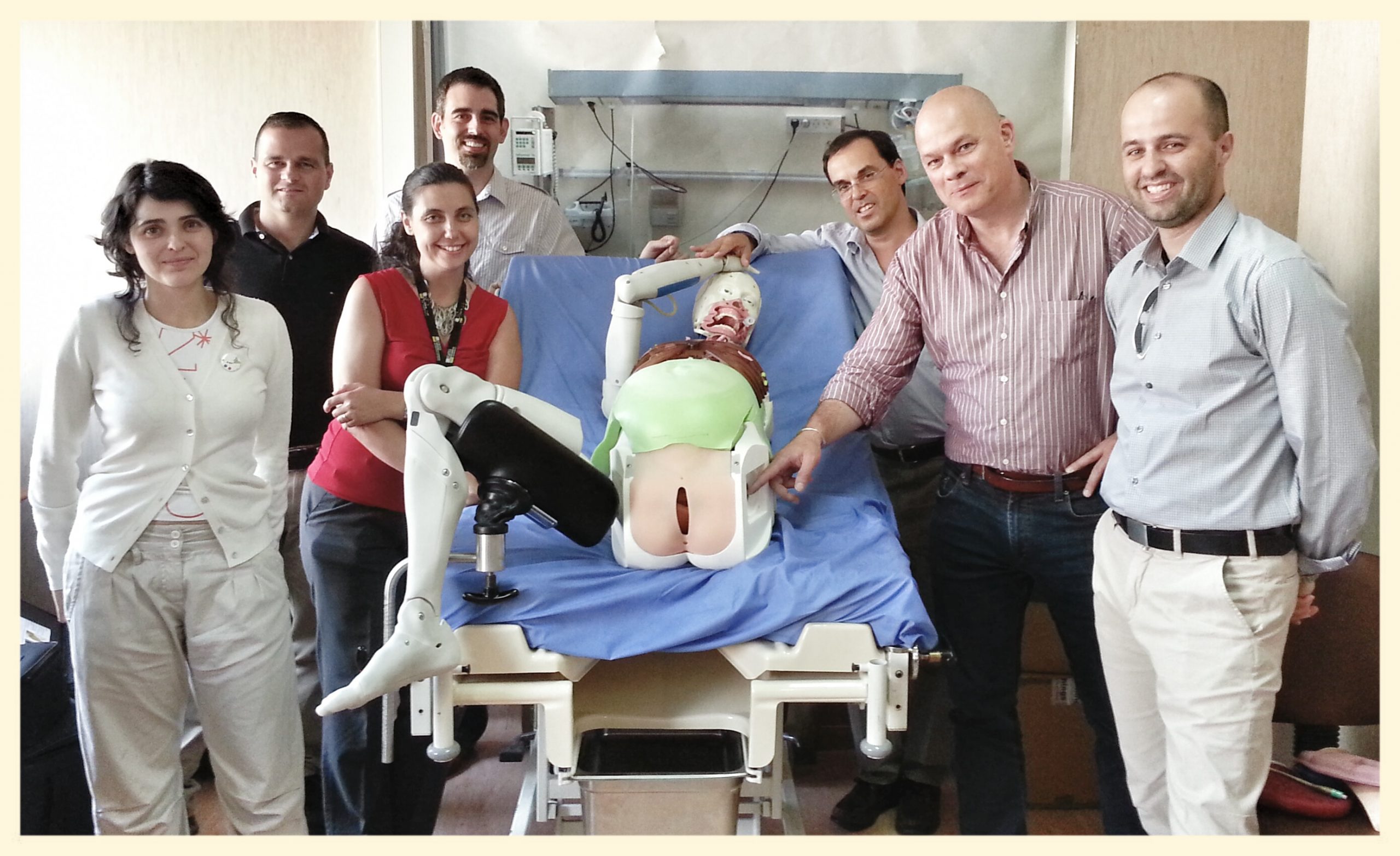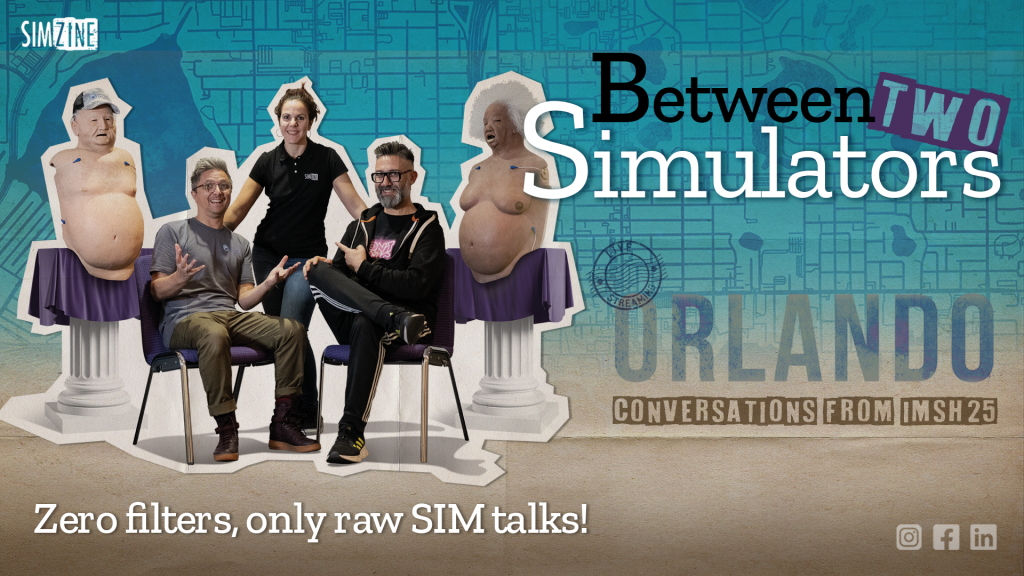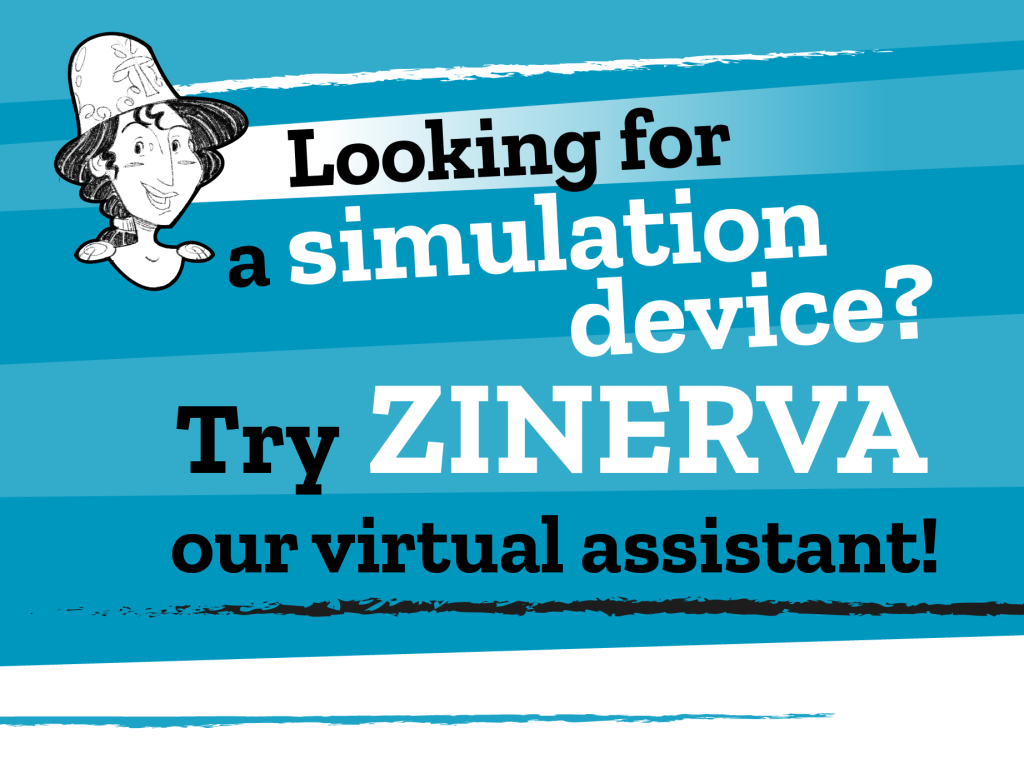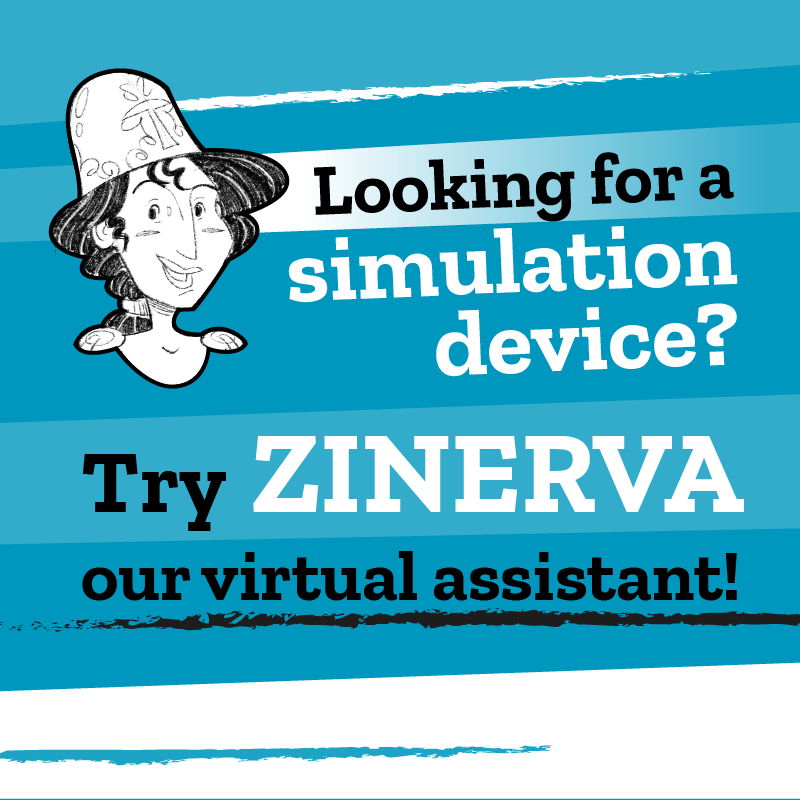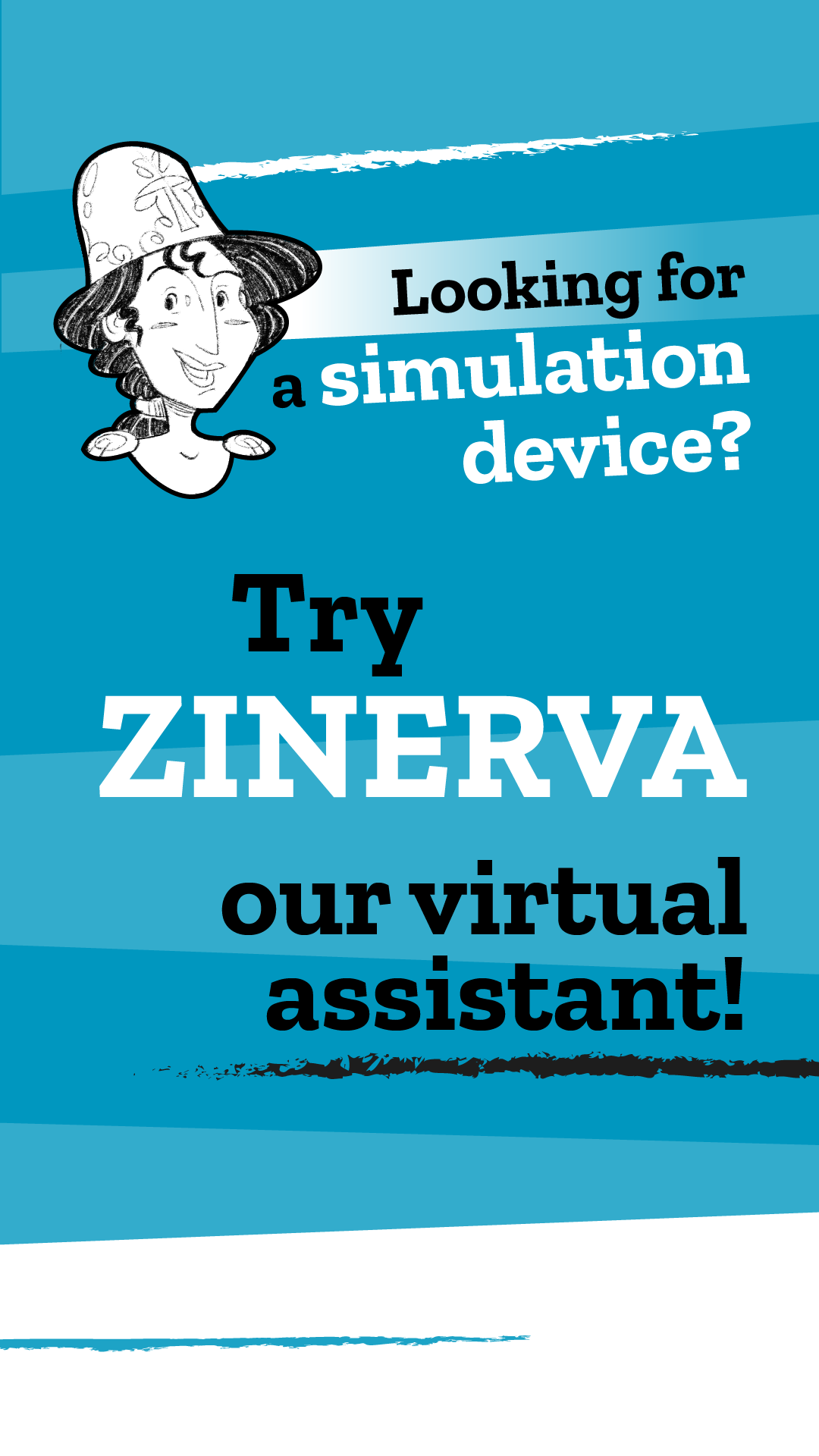Italy hosted the 12th EuSEM Refresher Course. A quick overview from its organizers
The Refresher Course (RC) is one of the educational activities promoted by the Young Emergency Medicine Doctors Section (YEMD) within the European Society of Emergency Medicine (EUSEM).
In order for an hosting institution to hold an edition of the RC, standards of educational quality must be ensured, including an agenda that foresees interactive and practical teaching strategies (such as realistic simulation, skill stations, case-based discussions) fostering active participation by the participants.
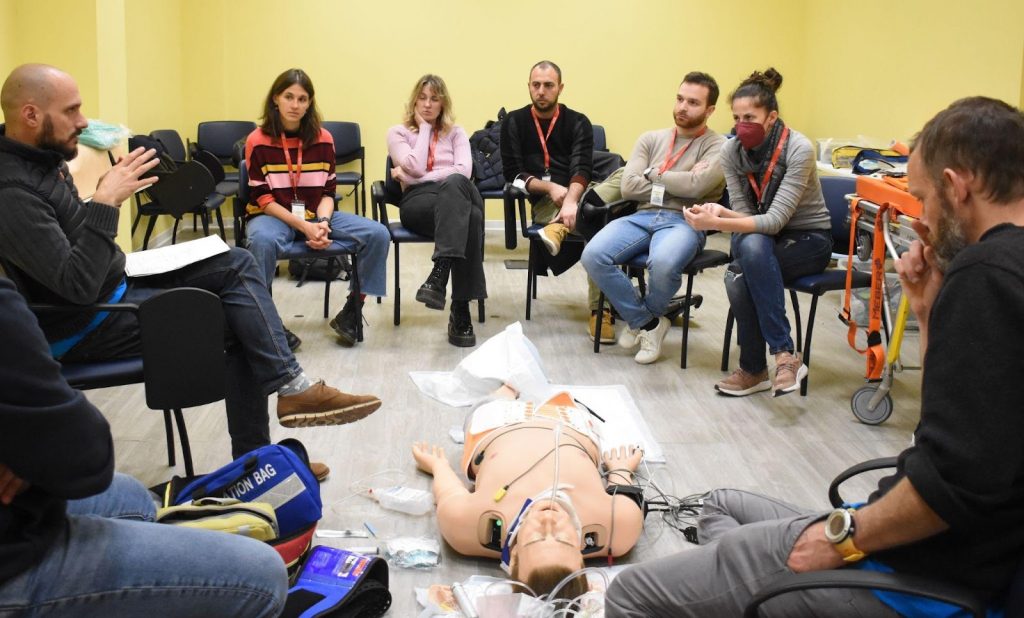
After the success of the 11th edition, the Italian Emergency Medicine Trainees Association (COSMEU) supported the organization and delivery of the 12th edition too, which was hosted in Italy, and focused entirely on Resuscitation and Critical Care in the Emergency Department (ED) and Pre-Hospital Emergency Medicine (PHEM). The 12th edition took place from November 29th to December 1st in Milan. The local organizing committee was formed by EM trainees of San Raffaele University Hospital and the training labs were hosted in San Raffaele’s Simulation Centre. The aim of the event was to expose EM trainees to theoretical foundation as well as practical and behavioural competencies required for management of the critically ill patient in the ED and PHEM.
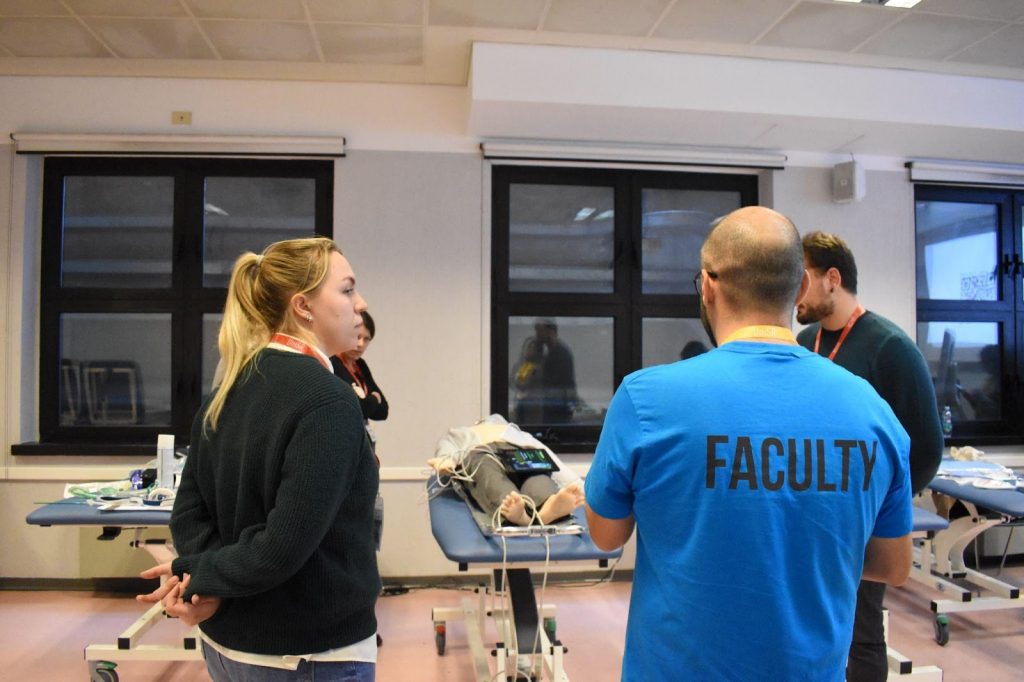
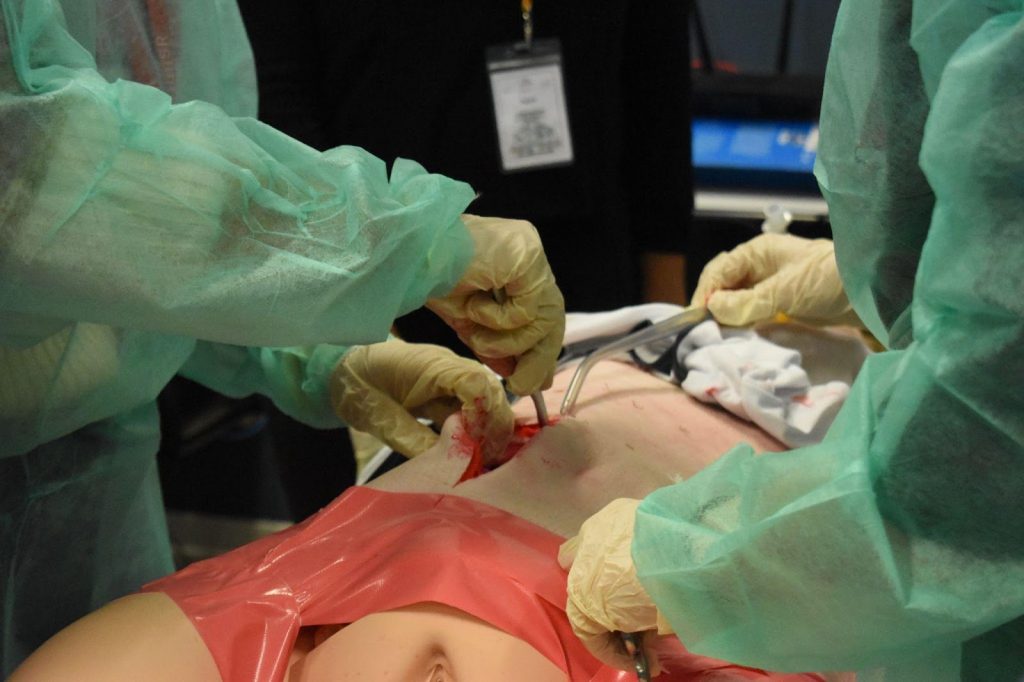
Considering the wide heterogeneity in training of the participants, a pre-course survey was submitted to all participants to explore their background. Moreover, they were required to have completed at least one basic resuscitation course to be eligible to attend (i.e. ALS/ACLS, ATLS/ETC, APLS/PALS). During the three days, 45 participants underwent back-to-back simulation sessions supported by 24 trainers. Overall, 11 European countries were represented.
The participants were divided into 9 groups and rotated through 10 stations lasting 120 minutes each with trainers/trainees ratio of at least 2:5. The topics covered specific theoretical, practical, and behavioural competencies that entail numerous aspects of emergency and resuscitation medicine. The topics and the facilitators of the workshops are elicited in the box.
TOPICS & FACULTY
- Airway management in the critically ill patient. Faculty: Stefano Geniere Nigra (Italy), Tim Harris (United Kingdom)
- Basics of non-invasive and invasive respiratory support Faculty: Adrian Perera (United Kingdom), Stefano Sartini (Italy)
- Beyond ALS: post-ROSC management in cardiac arrest. Faculty: Federica Stella (Italy), Alessandro Coppa (Italy)
- Human factors and group dynamics. Faculty: Giulia Mormando (Italy), Marco Bonsano (United Kingdom)
- Major trauma management: massive haemorrhage. Faculty: Jim Moonie (United Kingdom), Efrem Colonetti (Italy)
- Integrated ultrasound in the critically ill patient. Faculty: Cristina Sorlini (United Kingdom), Timo Kummerow (Germany)
- Procedural Sedation & regional anaesthesia in EM Faculty: Kat Baird (United Kingdom), Alessandro Lamorte (Italy), Valerio Stefanone
- Procedural Boot Camp. Faculty: David Franklin (United Kingdom), Matteo Borselli (Italy), Nicola Baciottini (italy)
- Paediatric emergencies: assessment of the critically ill child Faculty: Catherine Carrick-White (United Kingdom), Serena Salvadei (Italy), Francesca Figlioli (italy)
- Obstetric and Neonatal Emergencies. Faculty: Jonathan MacKenney (United Kingdom), Sara Abraham (United Kingdom), Mario Staccioni (Italy)
The Refresher Course was not only an opportunity to experience a high level of training, but it provided an environment to build a stronger network of EM trainees across Europe sharing a common vision on our profession. The social program was indeed part and parcel of the entire course.
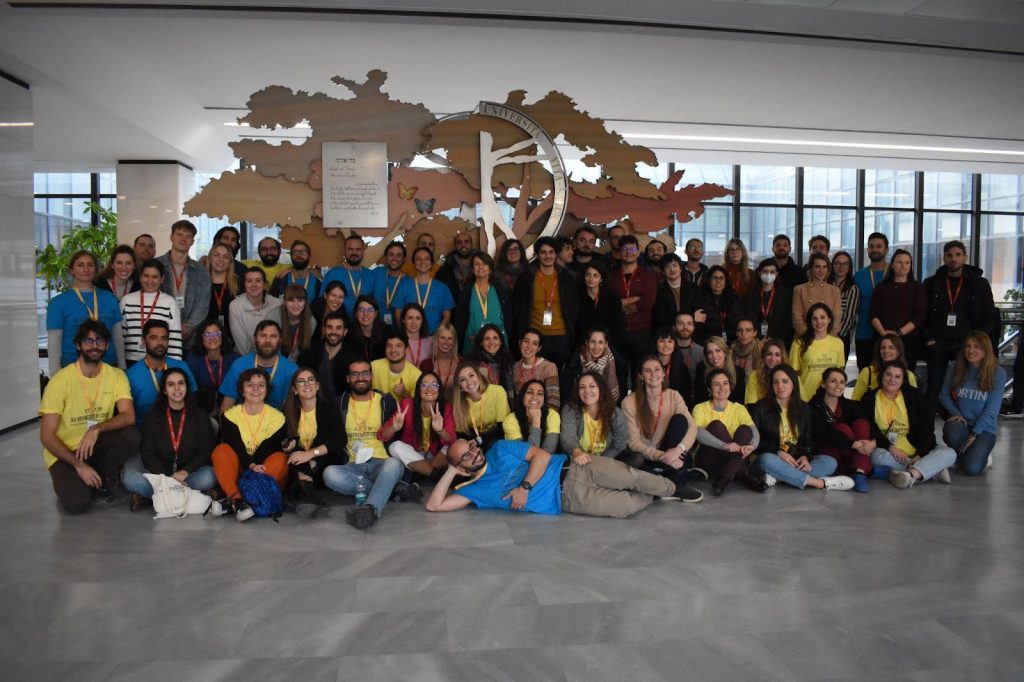
At the end of the event, a feedback survey was submitted with 100% response rate. The positive feedback provided by the participants highlighted high satisfaction about the methodologies implemented, the role of simulation and the relevance of the topics to the professional development of EM trainees, regardless of their country of provenience.
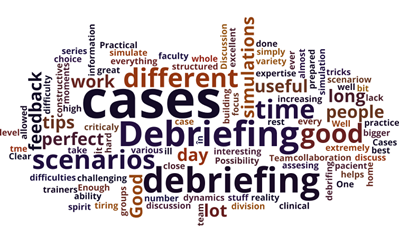
Considering the highly positive feedback provided by the participants, the faculty is working to establish the course as a recurrent event to support the development of EM training across Italy and other European countries.
In case you were still wondering why it is so important to promote and spread a standardized EM training, have a look at what we did! https://www.youtube.com/watch?v=OCjP-TaMQdE
READ ALSO


